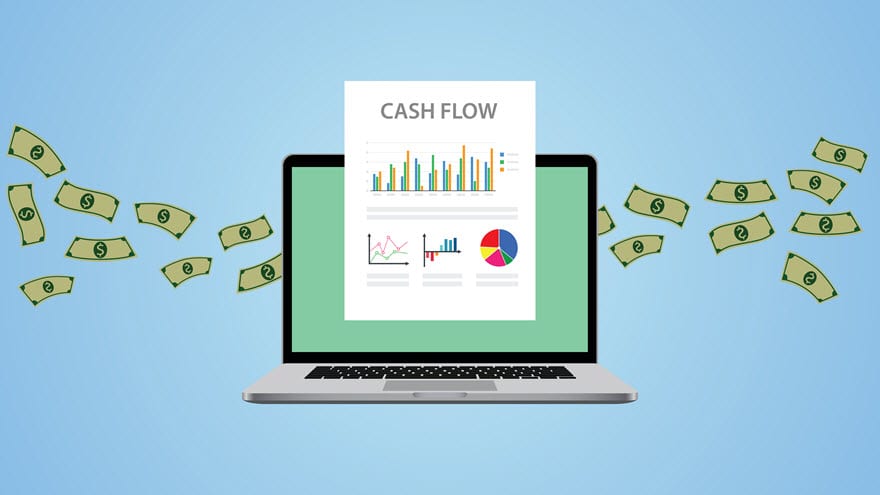8 Simple Strategies to Improve Cash Flow

Prices of key goods are high and rising, and most investments are down. Higher costs and lower income mean times are getting a bit tougher financially, and people are being more prudent with their money. Smart money moves don’t have to be painful. People can increase their cash flow with a little bit of work and discipline. The combination can translate into some shrewd money moves. Here are some simple strategies to improve cash flow.
Reducing power. The gas pumps aren’t the only place energy prices are climbing. Home energy costs, especially electric bills, are rising in many areas. A few simple changes in habits can cut that bill.
You probably are using more kilowatts than a few years ago because of all the new electric gadgets. Electronics consume electricity when in standby or idle mode. Guilty gadgets include computers, printers, televisions, DVD players, and other video and audio equipment. To avoid this power drain, electronics should be turned off completely between uses. Also, unplug rechargers when gadgets are fully charged or not in the charger. An idle charger consumes electricity.
Consolidate to cut fees. Most financial firms offer some discount when customers consolidate services. Have a checking account, mortgage, and credit card at the same bank and those pesky fees and minimums will be reduced or eliminated. Brokers and mutual fund firms often aggregate accounts of the same person or family to decide if breakpoints are reached for reducing or waiving fees. Insurance companies usually charge lower premiums to consumers who have more than one policy with them.
Plan your payments. Avoid ATM fees by using only the ATMs of your bank. Avoid late payment fees and finance charges by ensuring bills are paid on time. A way to ensure on-time payment is to set up automatic payment plans. Many utilities and credit cards can draft payments directly from customer accounts. Banks often will set up automatic payment plans, or automatic payments can be set up using online banking web sites or software such as Intuit’s Quicken or Microsoft Money.
Assume more risk. Insurance premiums can be reduced quickly and easily by raising deductibles. A higher deductible means the policy owner pays a higher amount of each claim and pays all smaller claims. Of course, the policy owner must have the financial resources to be able to pay the higher deductibles if losses are incurred.
Pay debts. Investment returns are low, especially for conservative investors seeking income. A higher return on that cash might be earned by repaying debt. Certainly paying high interest debt such as credit card balances is a good use of available cash. Repaying lower interest debt such as mortgages and home equity loans might be a good use of cash, depending on the investment returns that would otherwise be earned on the cash.
Someone invested in an S&P 500 Index fund has a negative return for the last 10 years and in retrospect would have been better off repaying even a low interest loan with that cash. It is important, however, to consider longer-term returns instead of the most recent returns when making this decision. A conservative, mainstream investor might not earn more than the interest rate on a mortgage over the next few years. An investor in our “hedge fund” mutual fund portfolio or our Sector or Balanced Managed Portfolios is likely to earn a higher return.
Bargain. Many businesses are open to bargaining and price adjustments when asked, especially on large purchases. Simply ask if that is the best price available, if there is a discount for cash payment, or if the price is better at a different time of the week.
Don’t shortchange the future. When cash is tight, many people tend to reduce 401(k) contributions or other long-term savings. This should be considered only when spending reductions have been maximized. The long-term savings have to be made up at some point, along with the returns that would have been earned on the contributions.
Avoid last resorts. Financial stress also leads people to tap 401(k)s through loans or hardship withdrawals, take distributions from IRAs, cash in or sell life insurance policies, or take out reverse mortgages. Each of these strategies has its place, but only after all the alternatives have been tried.
![]()





